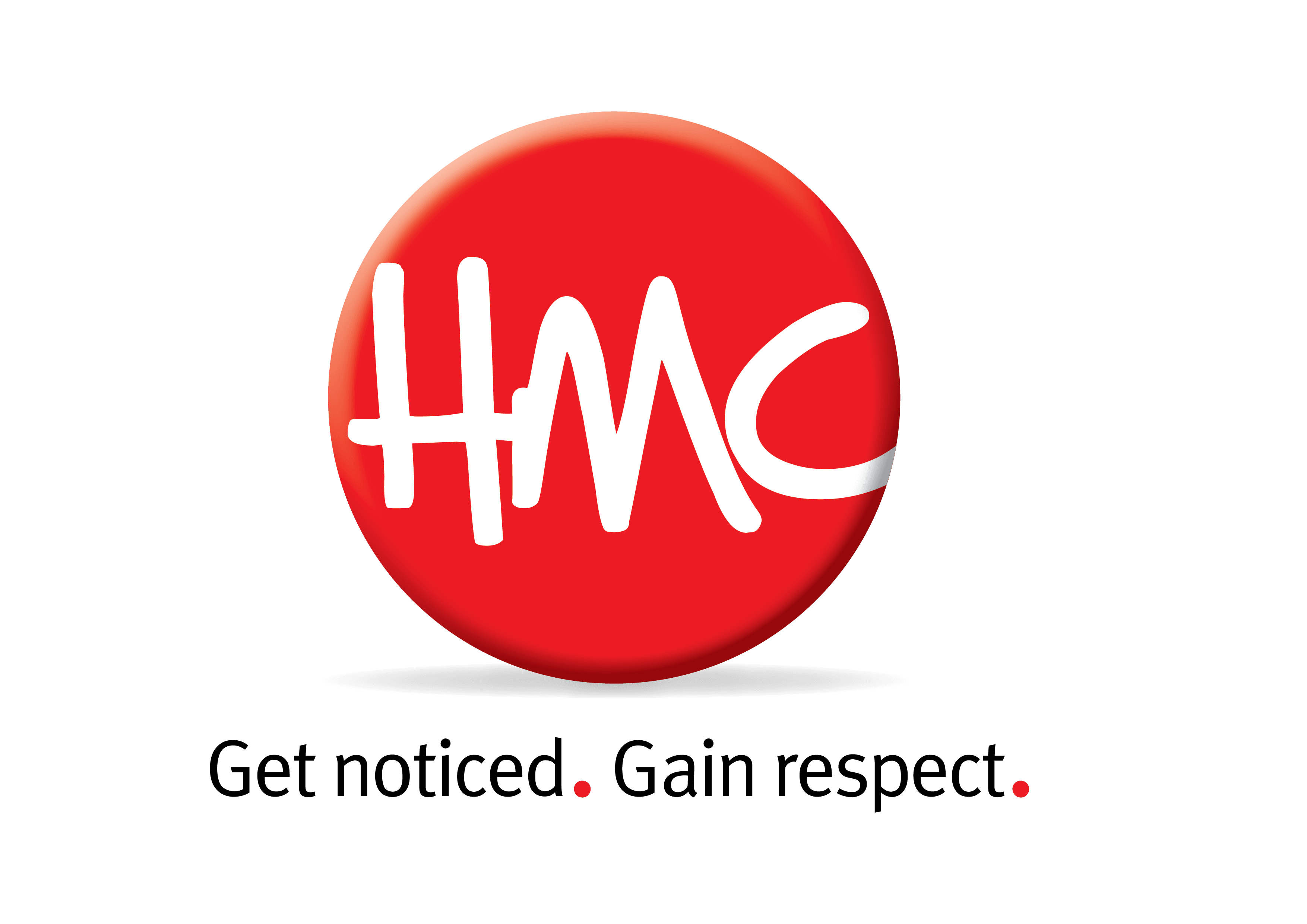Media Interview Prep: map your key messages
Planning for a media interview can be daunting, especially if it’s something you don’t do often. So, it’s imperative that you plan and practise beforehand.
One of the most important things you can do to prepare is to write down the top messages you want to come across in the interview. Whittle these down to very concise statements that your audience can absorb and understand.
Think of this planning exercise as a ‘key messaging map.’ The first thing to determine is, what is your overall objective for the interview. If you didn’t initiate the interview, your objective may not be immediately apparent. So, take a moment to determine what it is. It might be about correcting a misperception, raising awareness of a new product, piquing your audience’s interest in a new service or increasing the trust in your organisation. Whatever it is, start with that overall objective.
Now, think about the three (3) key messages you will aim to get across in the interview that helps to support your overall objective. During the interview, you will answer questions in a way that continually reinforces these three key messages.
Underneath those three key messages, you will likely have evidence, statistics, examples and facts that help you build a story around each of those key messages.
We’ve developed a key message map that you can download to help you plan your next media interview.
And, while we’re at it, here are a few more tips to remember as you prepare:
- Remember your audience – As you answer journalists’ questions, think about the audience they are reporting for. When you are talking to the journo, envision that you are talking to those people.
- Avoid jargon and complicated information – Keep in mind that your audience is likely not as close to your issue/product/business as you. Don’t assume they understand the details.
- Be concise in your answers – Your interview will be edited down. That means you need to be concise with your answer – think, ‘sound bites.’
- Remember every word you say is fair game – When speaking with a journalist, remember that every word that comes out of your mouth could appear in print/on TV/on radio for the world to see! Don’t say anything you don’t want repeated.
- Practise – Whether it’s in your car talking to yourself, or sitting down with a colleague, practise your answers out loud.
- Try to relax – If you prepare, it will help you be more relaxed in front of the journalist, which is the ideal interview. Just ‘have a conversation’ with the interviewer.

